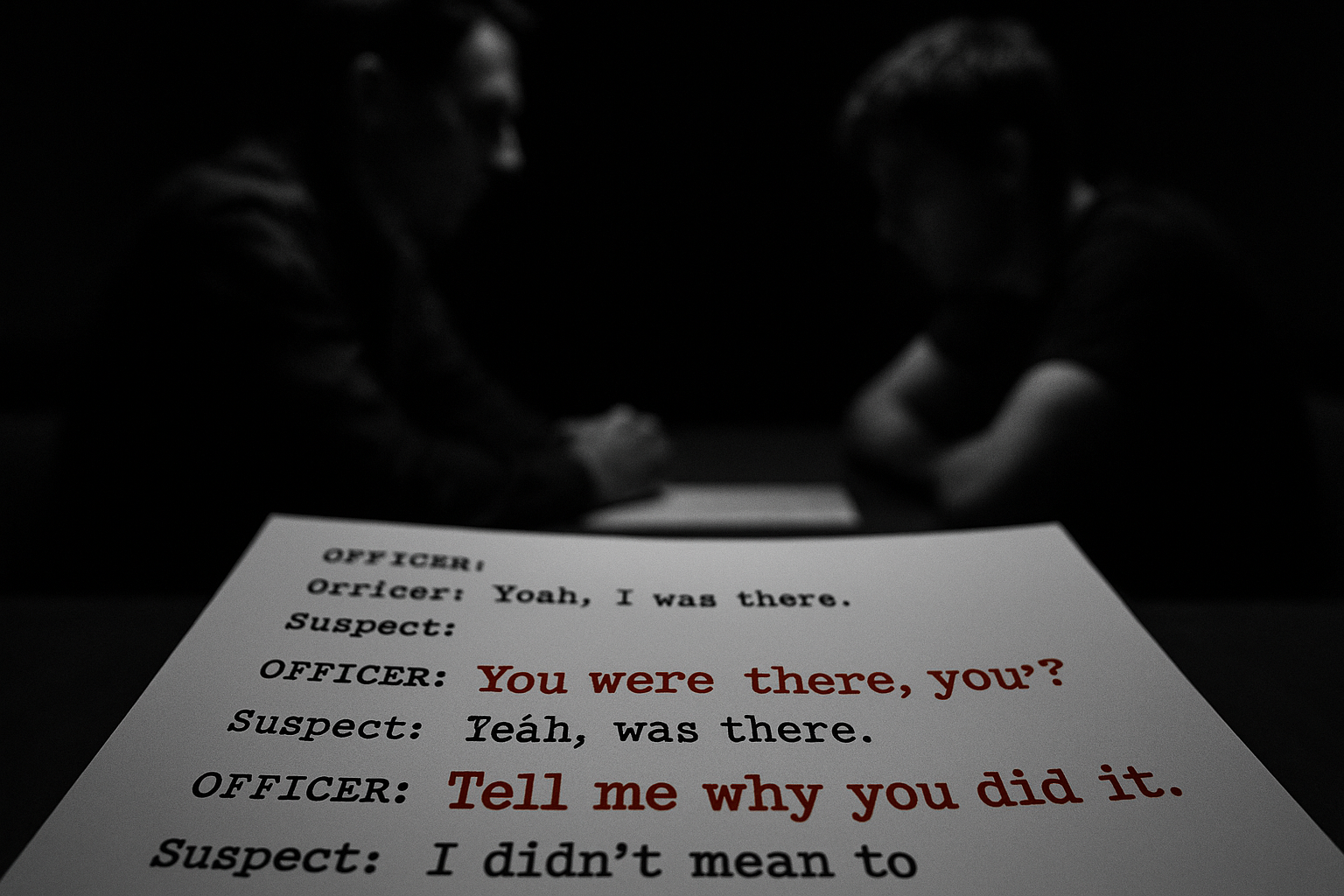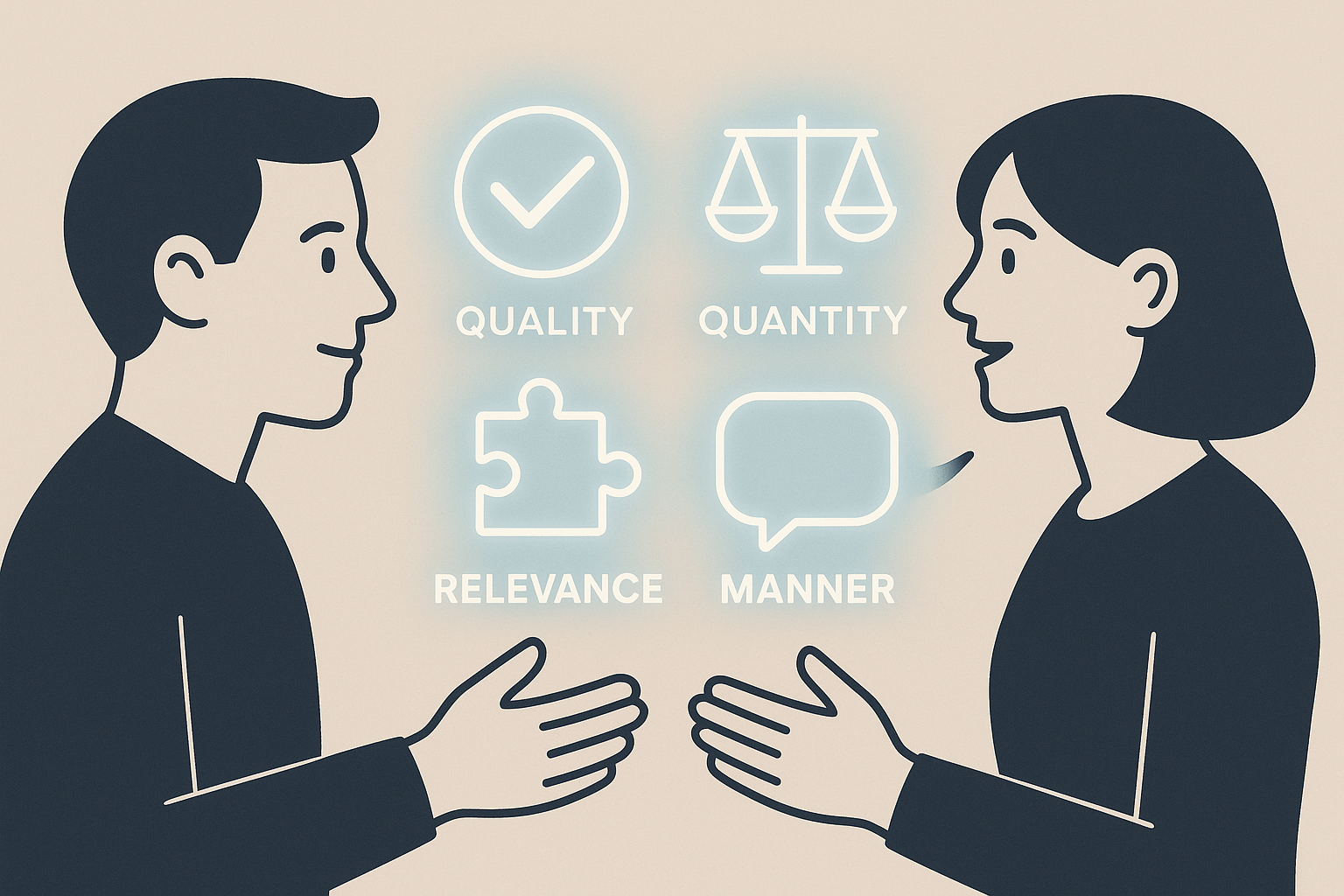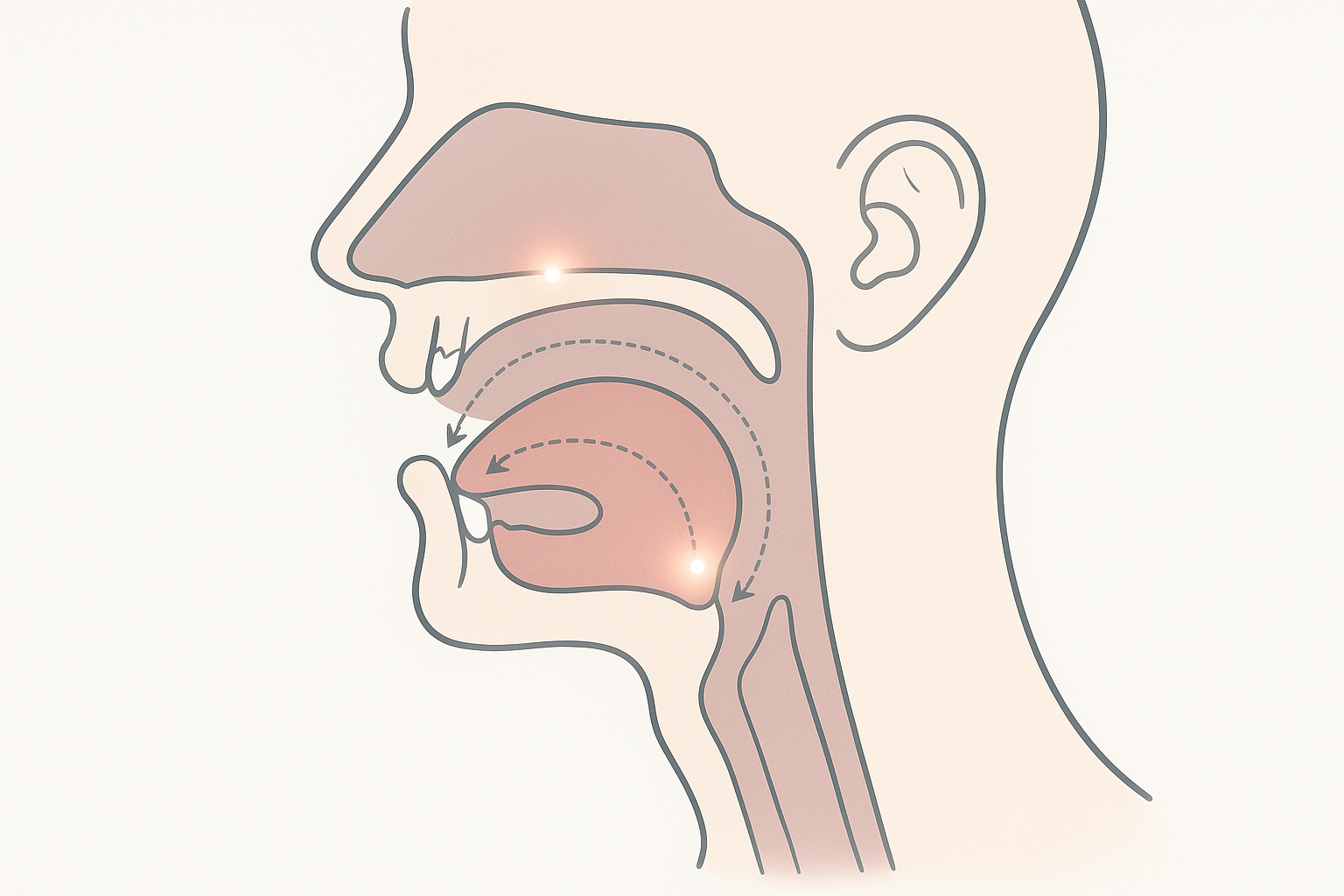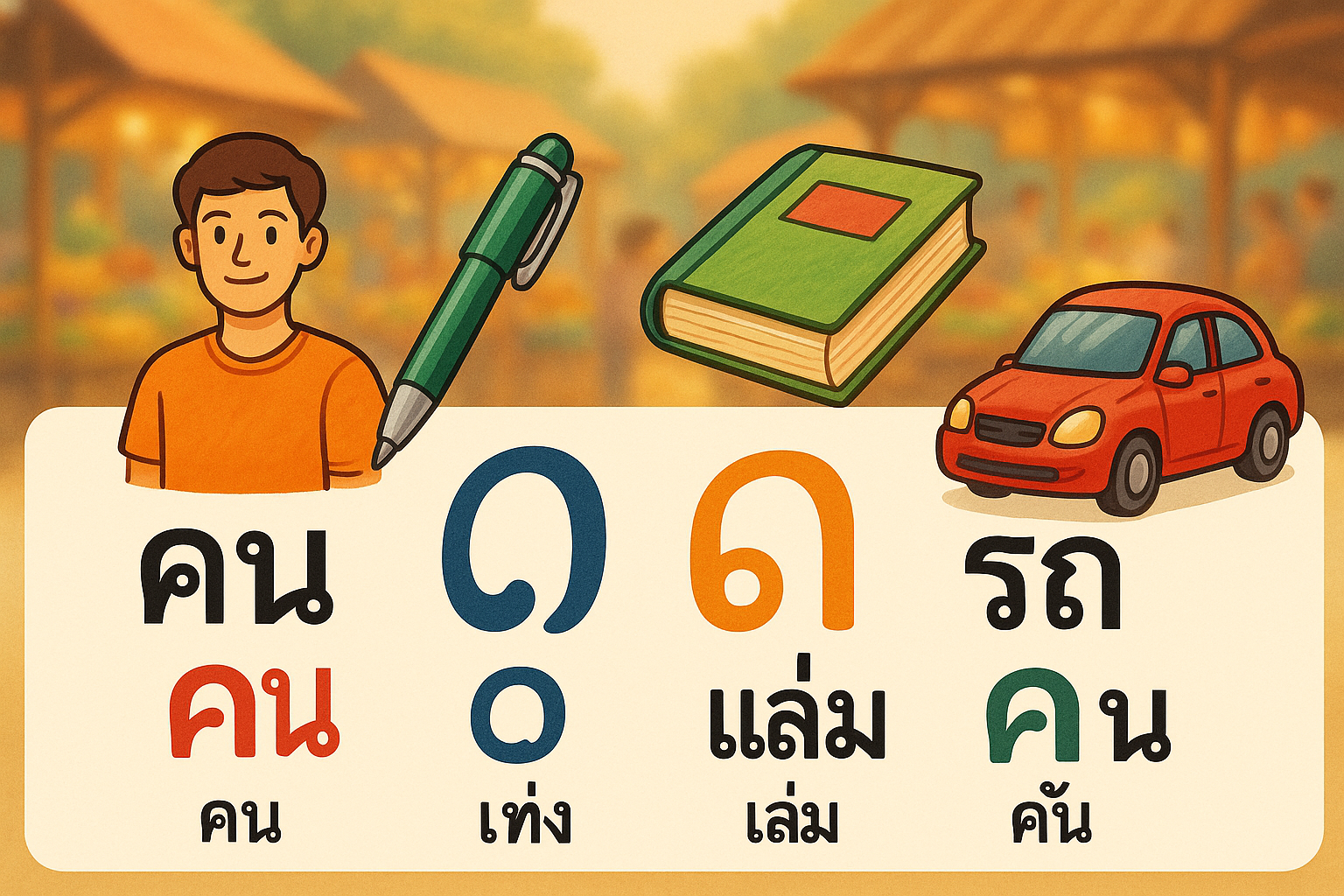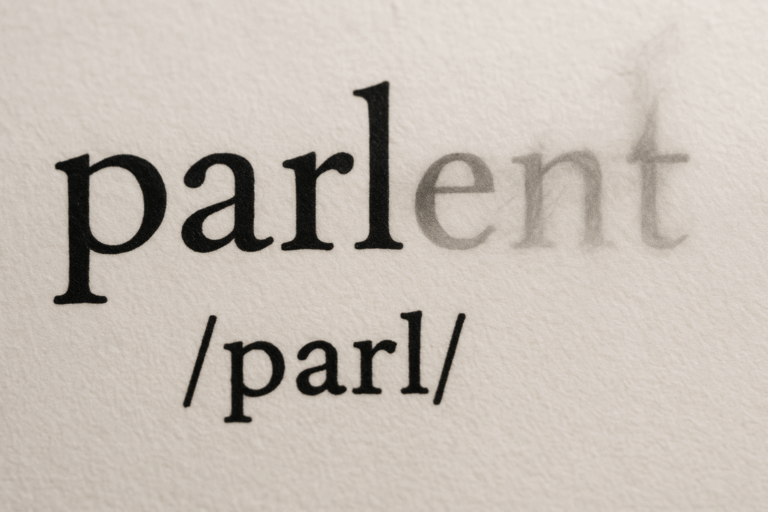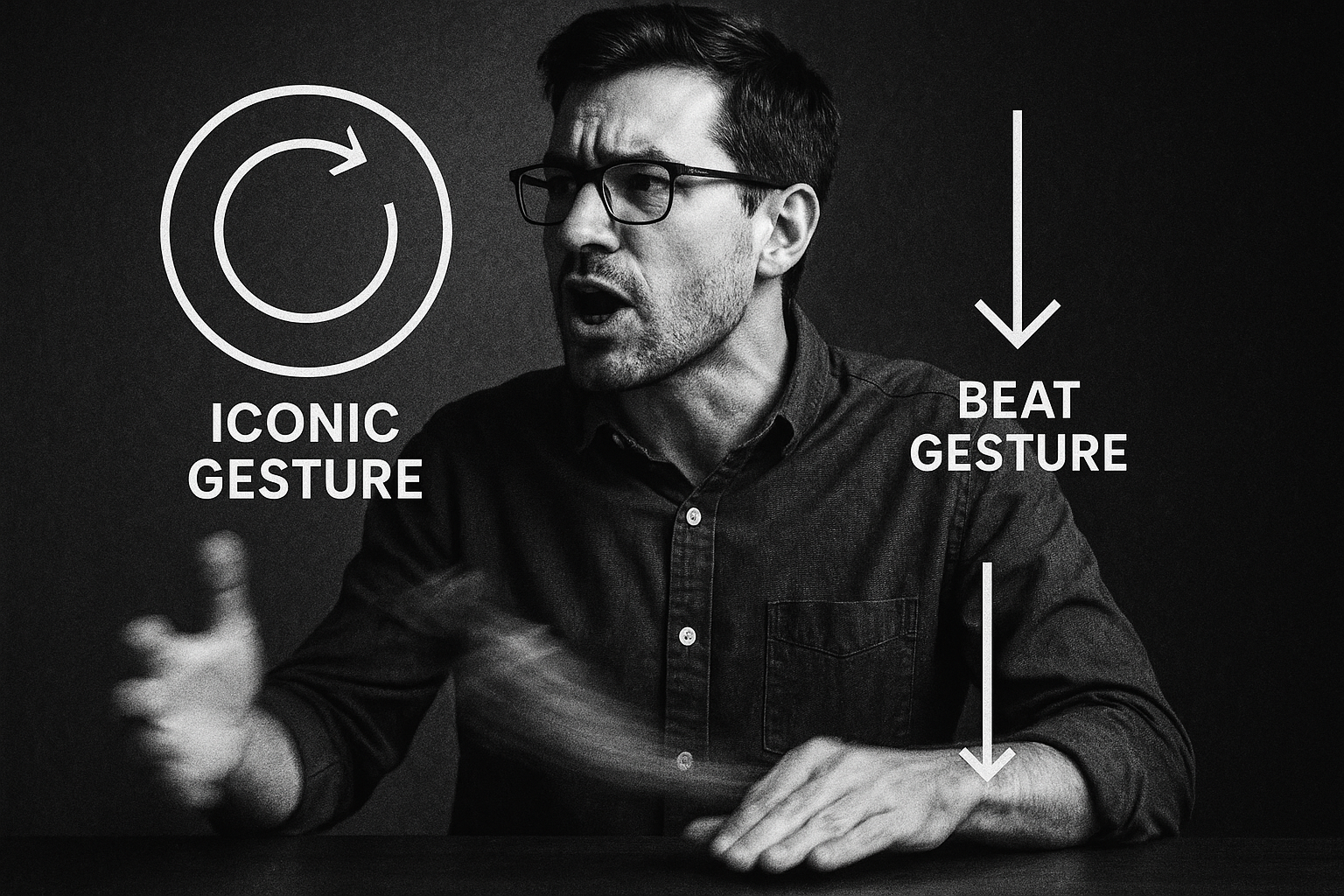Saving Face: The Intricate Linguistic Dance of Politeness in East Asian Cultures
The concept of “face” (面子, 체면, メンツ) is a cornerstone of social interaction in East Asia, deeply encoded in language. This post explores the intricate linguistic dance of indirectness, honorifics, and conversational formulas used to give, save, and avoid losing face. Understanding this system is the key to unlocking the logic behind politeness strategies that can seem puzzling to outsiders.



